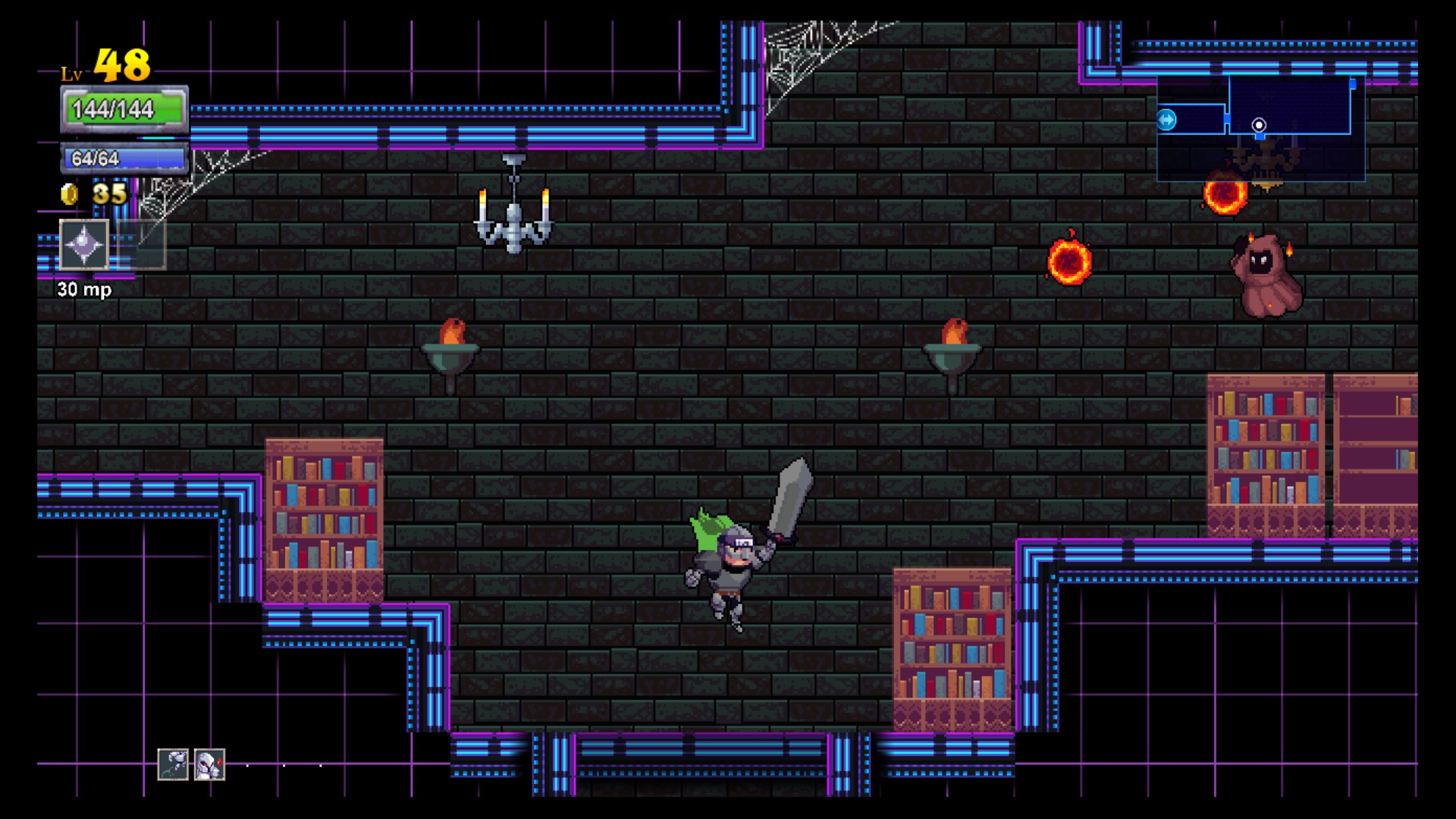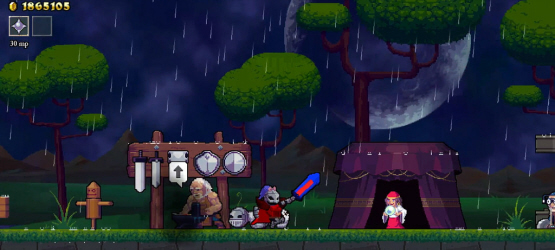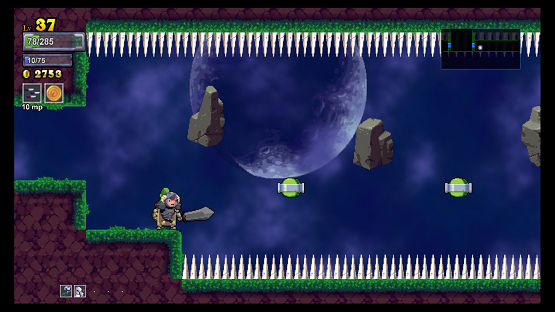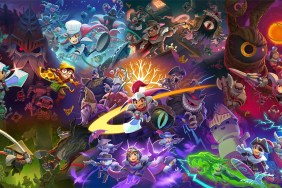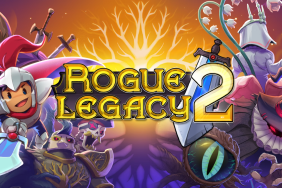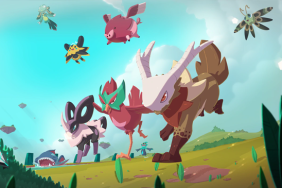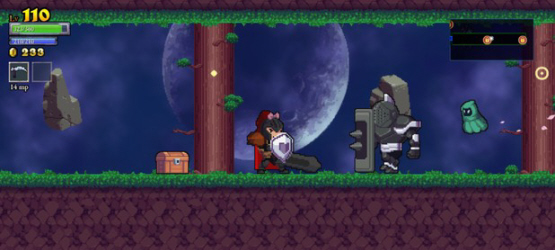
Somewhere amidst the constant attention we’ve been giving to Rogue Legacy this last week, we found the opportunity to put down the controller and ask Kenny Lee, the programmer and co-founder of Cellar Door Games, a few questions about the latest PlayStation indie title that we can only continue to rave about, and even get him to deliver a special message for people that judge indie titles.
PlayStationLifeStyle: The original release of this title was on PC over a year ago. What made the decision to bring this to the PlayStation family?
Kenny Lee: For us it was a small part financial, and a much bigger part bucket list. We’ve never made anything for consoles, and really having that opportunity was a very big privilege. Sony also made it a very easy decision. They approached us so we didn’t need to scrounge for connections. Their platforms were also picking up steam and it made so much sense to see the game on the Vita. The PS3 and PS4 were the cherries on top, but I really wanted to see it on the Vita.
PSLS: With $15,000 out of pocket spent on the original development, there is obviously a huge passion for the Rogue-like genre. What about this particular genre made it THE one?
KL: We actually never really planned on making a rogue-like. It was more out of necessity than anything else. The big inspiration for us was Dark Souls and the way it handled death in a very unique way with the soul system. It maintained a consequence of death (much like rogue-likes) without abruptly ending the experience (much UNlike rogue-likes). Shortly into development though we realized the costs were getting too high, and the randomized nature of rogue-likes allowed us to recycle much of what we created. The genre was also very popular at the time and not quite as saturated as it is now.
When we decided to switch to rogue-like from regular platformer, we knew immediately that it was the way to go. Everything started clicking, and the game became much clearer. There were still a bunch of hiccups along the way but it was like, we could see the final product, we just needed to find a way to get there.
PSLS: Did you consider crowd funding for either the initial PC release or the PlayStation port?
KL: We did consider crowd funding for the initial PC release, especially when we realized the costs required to make the original idea were way too high. One of the big reasons we didn’t was because Kickstarter wasn’t available in Canada at the time (where we are situated) and the other options didn’t sound as promising. Crowd funding platforms like Indie-GoGo were very hit and miss, so instead we focused on development to see how far we could get. In retrospect, the fact that Kickstarter wasn’t available really worked in our favour, because if it did get funded Rogue Legacy wouldn’t be what it is today.
Also, the PC release performed well enough that we could afford to make the PlayStation versions without outside financial support.
PSLS: Between the PS3, PS4, and Vita, which has been the easiest platform to develop for?
KL: That’s tough to say especially since we didn’t handle the port directly ourselves. Instead we worked with Abstraction Games. the guys who did Hotline Miami. The work also differs based on what each platform offers. So for example, a lot more time was spent optimizing the PS3 and Vita versions of the game, whereas the PS4 had specific features like the activity feed that needed to be implemented. So you’re not really comparing apples to apples, even if the hardware is made by the same company.
PSLS: A lot of reviewers for the original PC release have commented that the game was too difficult and may be off-putting for the less familiar. Is this something you plan to address in this game or in future games?
KL: We addressed it to a slight degree for the PS versions. Some balancing was done, particularly in areas where the game felt unfair. As far as making it easier as whole for future versions, probably not. In our opinion, Rogue Legacy is the casual man’s rogue-like. It is far more forgiving than most if not all games of the genre. It’s hard, for sure, but there are mechanisms in place to allow you to continue progressing no matter how bad you are at the game, which is not prevalent in many rogue-likes. That’s why we call it rogue-lite.
PSLS: What is your favorite and least favorite genetic trait to get stuck with when playing?
KL: This is funny because both my most favourite and least favourite genetic trait is Vertigo. It is my favourite because it was one of the biggest talking points when the game came out. Being a small indie studio, we desperately depended on word-of-mouth to get sales going, and the Vertigo trait was like, the one sentence description that fans used to explain how the game was unique to their friends. It was also a huge attention getter. People would stop and look when they saw a screenshot of the game flipped upside down.
It’s my least favourite because as a game mechanism it kinda sucked. It made the game so difficult that you may as well have played it blindfolded. We wanted people to make meaningful choices on whom to bring to battle, and Vertigo simply didn’t do that. Most gamers simply ignored an heir if they had that trait. We’ve tried to offset it a bit with the PlayStation versions by giving you additional gold when playing with this trait, but we’ll see how/if it changes things.
PSLS: Can you give us any teases as to what’s in the future for Cellar Door Games?
KL: I wish I could but your guess is as good as mine. We actually started development of our next game some time around February, but then the ports started experiencing delays and we had stop and focus on that. It’s not even in a prototype state, but since the PS versions are done I’m really itching to get back into it.
PSLS: If you could tell the people who hate the idea of retro-inspired, side-scrolling indie games one thing, what would it be?
KL: All I’d say is it’s a shame, really. I feel sorry for them because so many of the best gaming experiences of my life come from retro side-scrollers. Games like Megaman X, Super Metroid, Gunstar Heroes, those were the best of the best. Nowadays all the genres have been so developed and used that it’s difficult to get excited for gameplay. Instead, people turn to how many polygons a game is pushing.
PSLS: Thank you for taking the time to talk to us!
PSLS readers, check out the giveaway below and enter for a chance to win Rogue Legacy! Remember, this is cross-buy. So winning a code will mean you can play the game on your PS3, PS4 or PS Vita!
Rogue Legacy Review Slideshow
Rogue Legacy is a brutal roguelike with a unique progression system.
-
Rogue Legacy
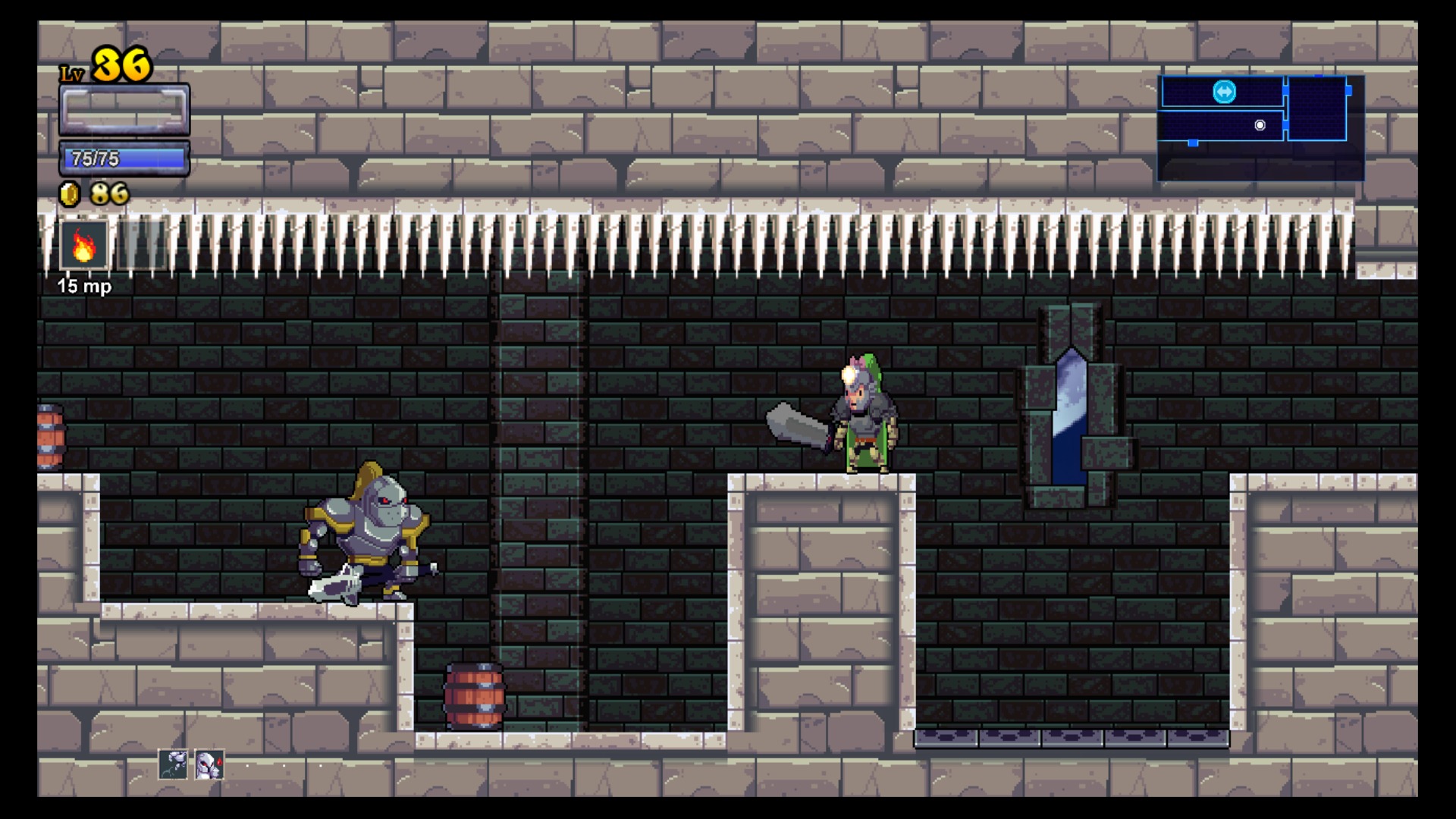
-
Rogue Legacy
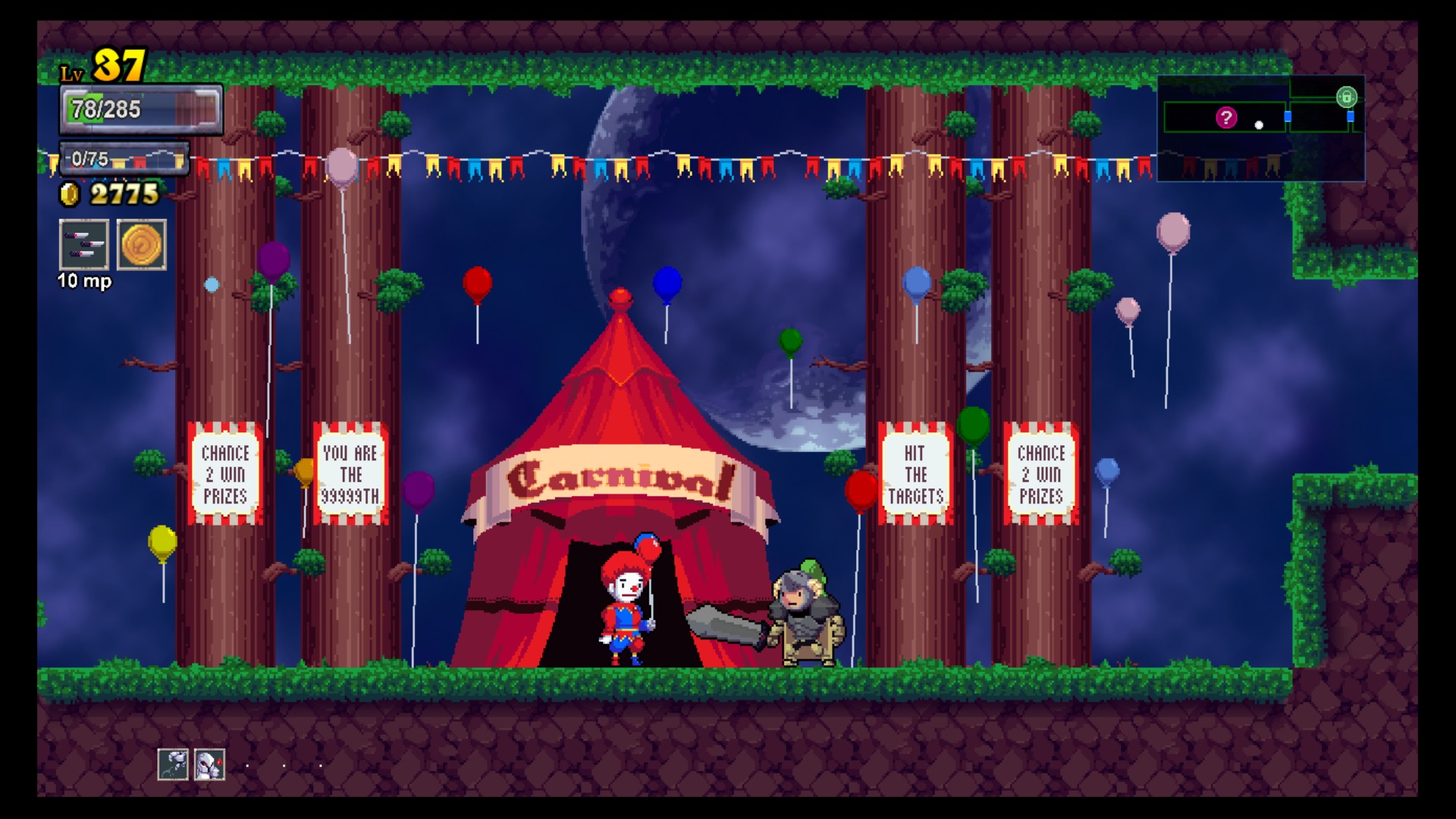
-
Rogue Legacy
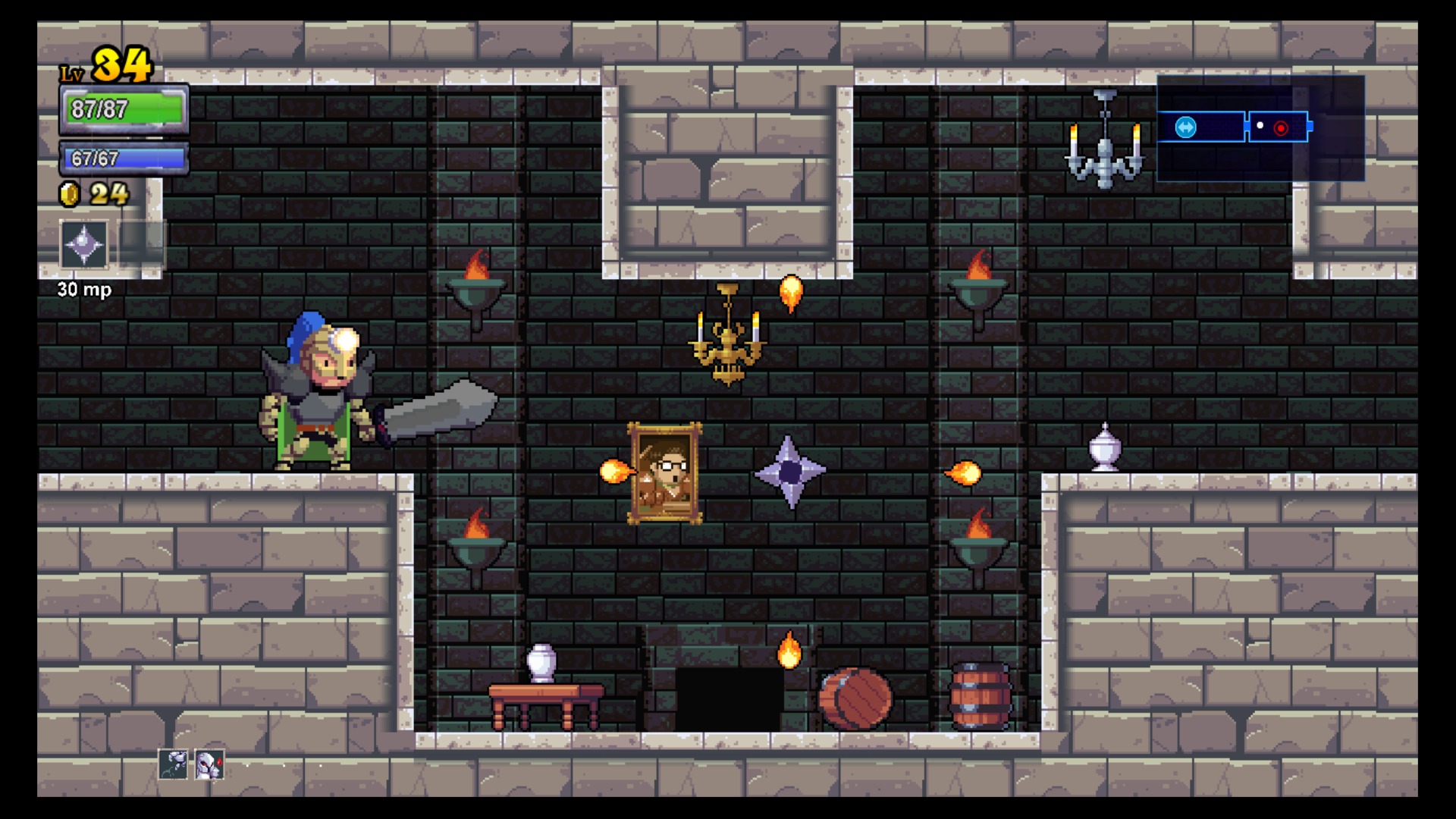
-
Rogue Legacy
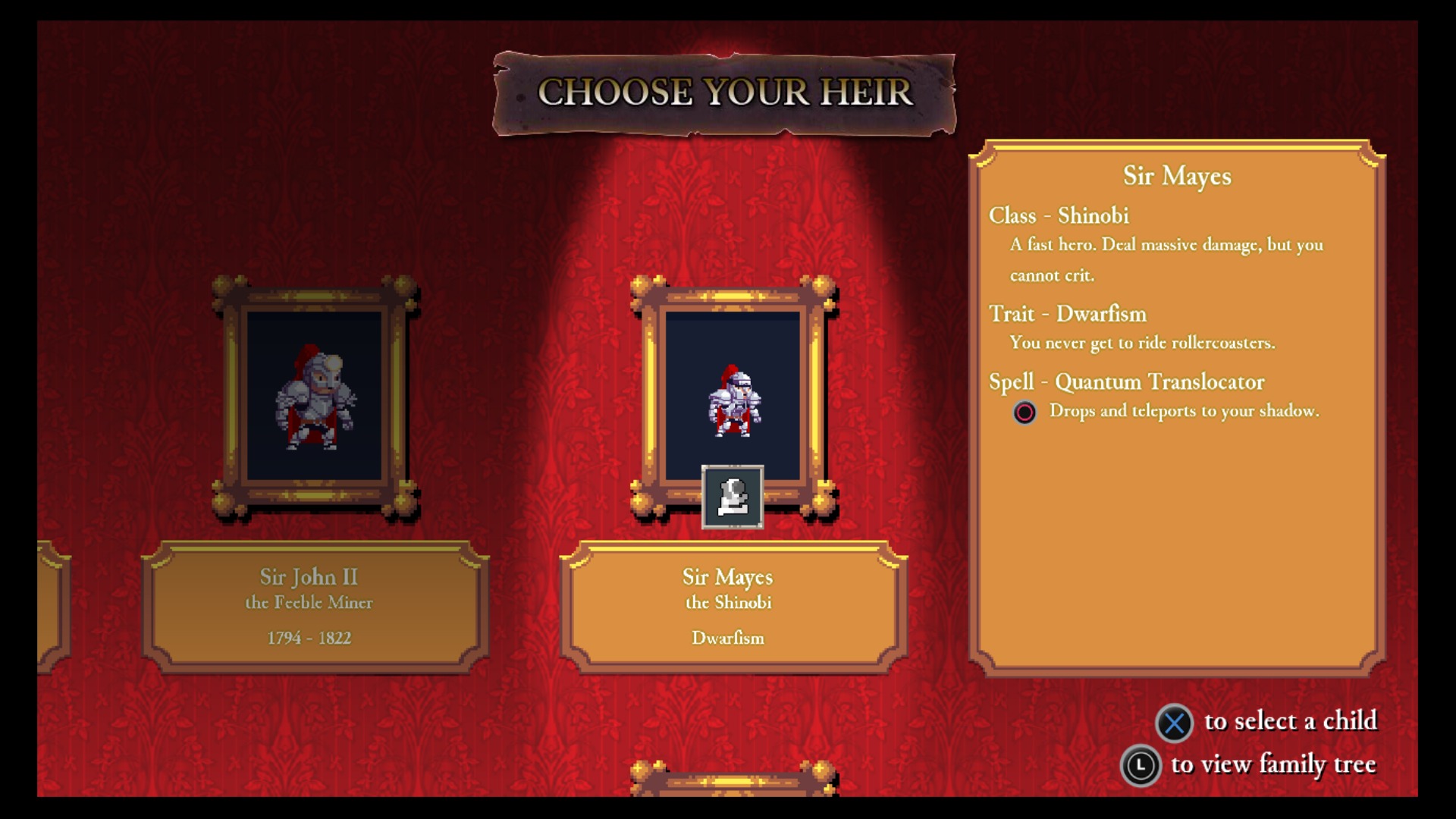
-
Rogue Legacy
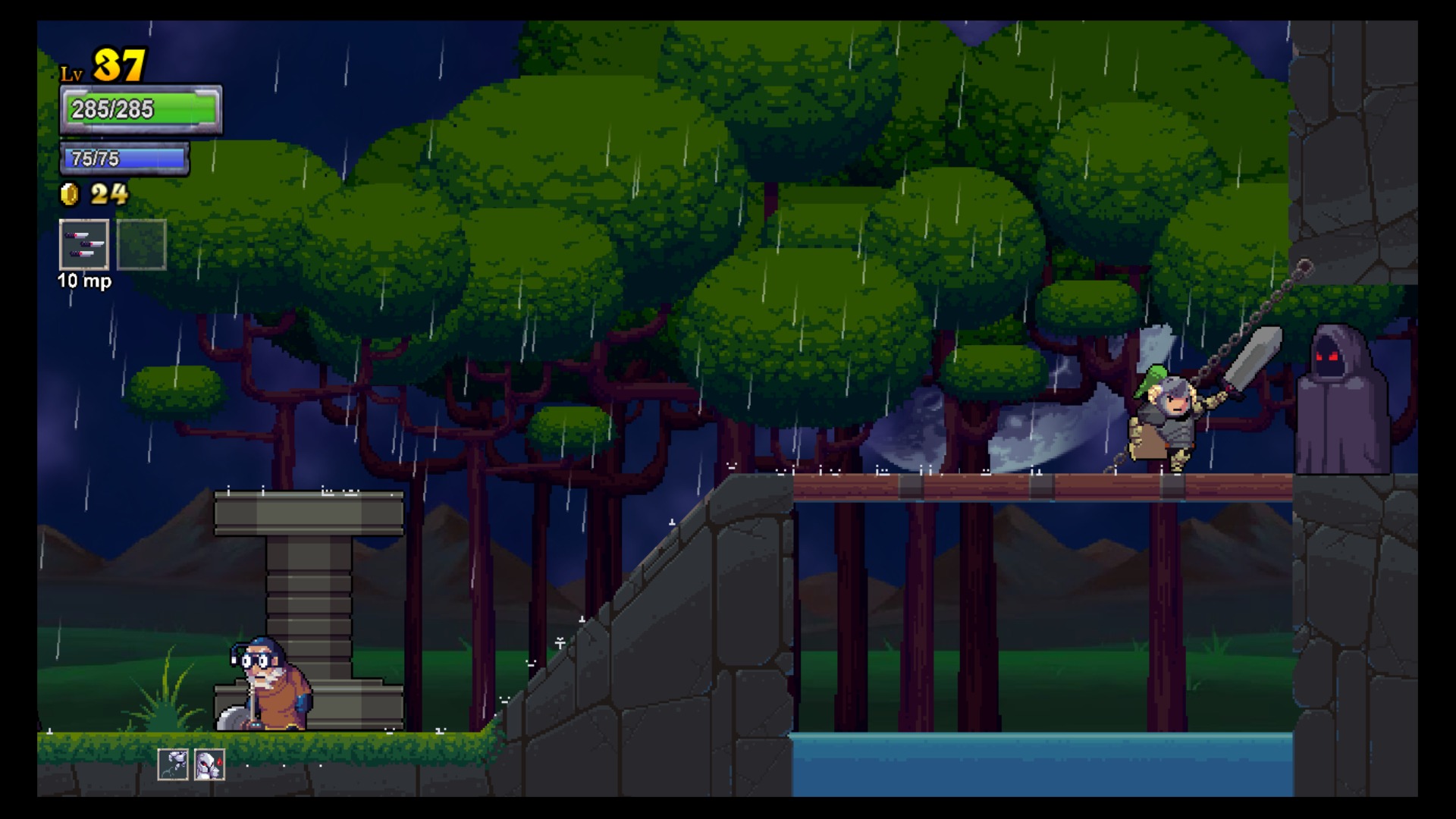
-
Rogue Legacy
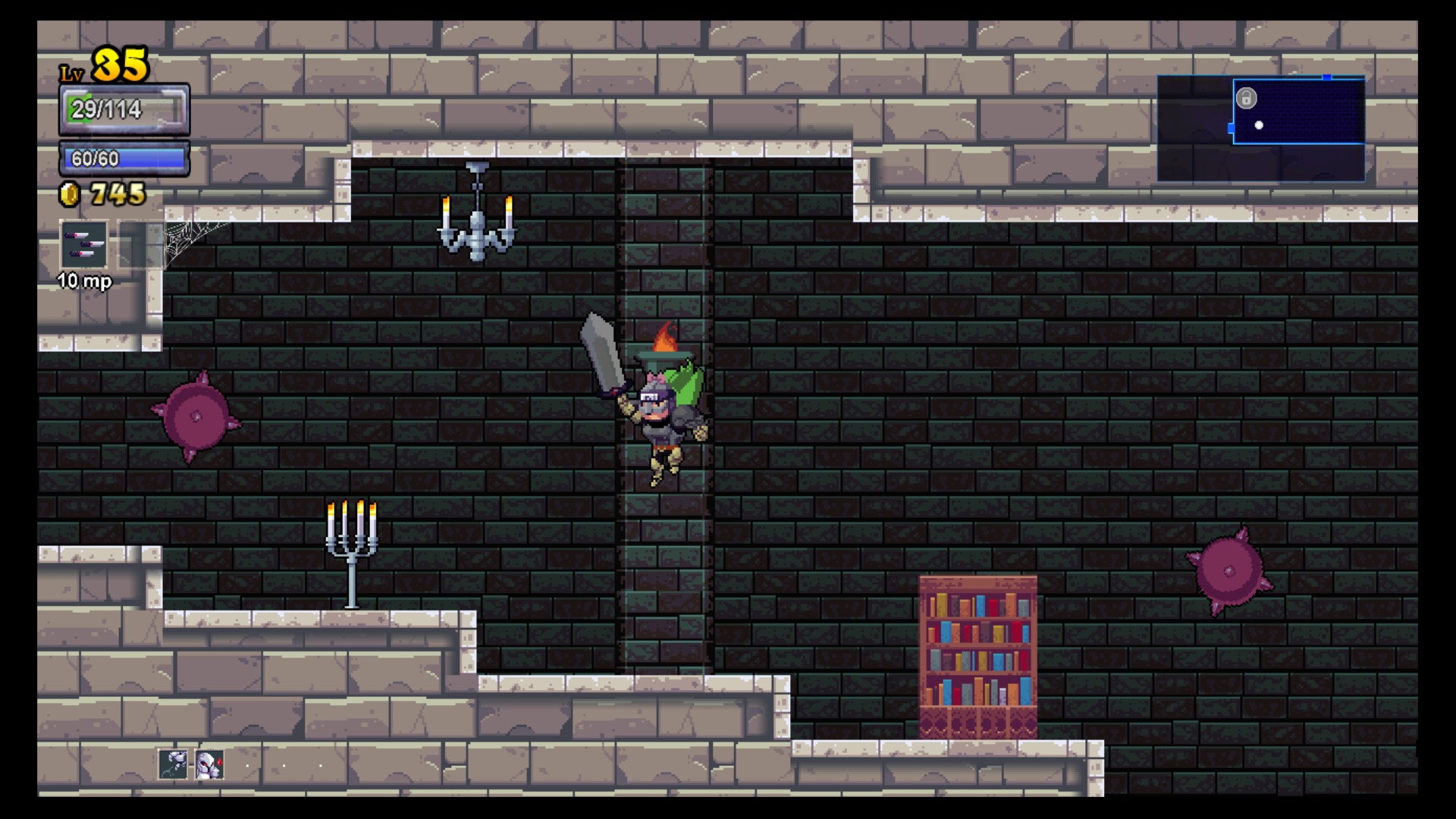
-
Rogue Legacy
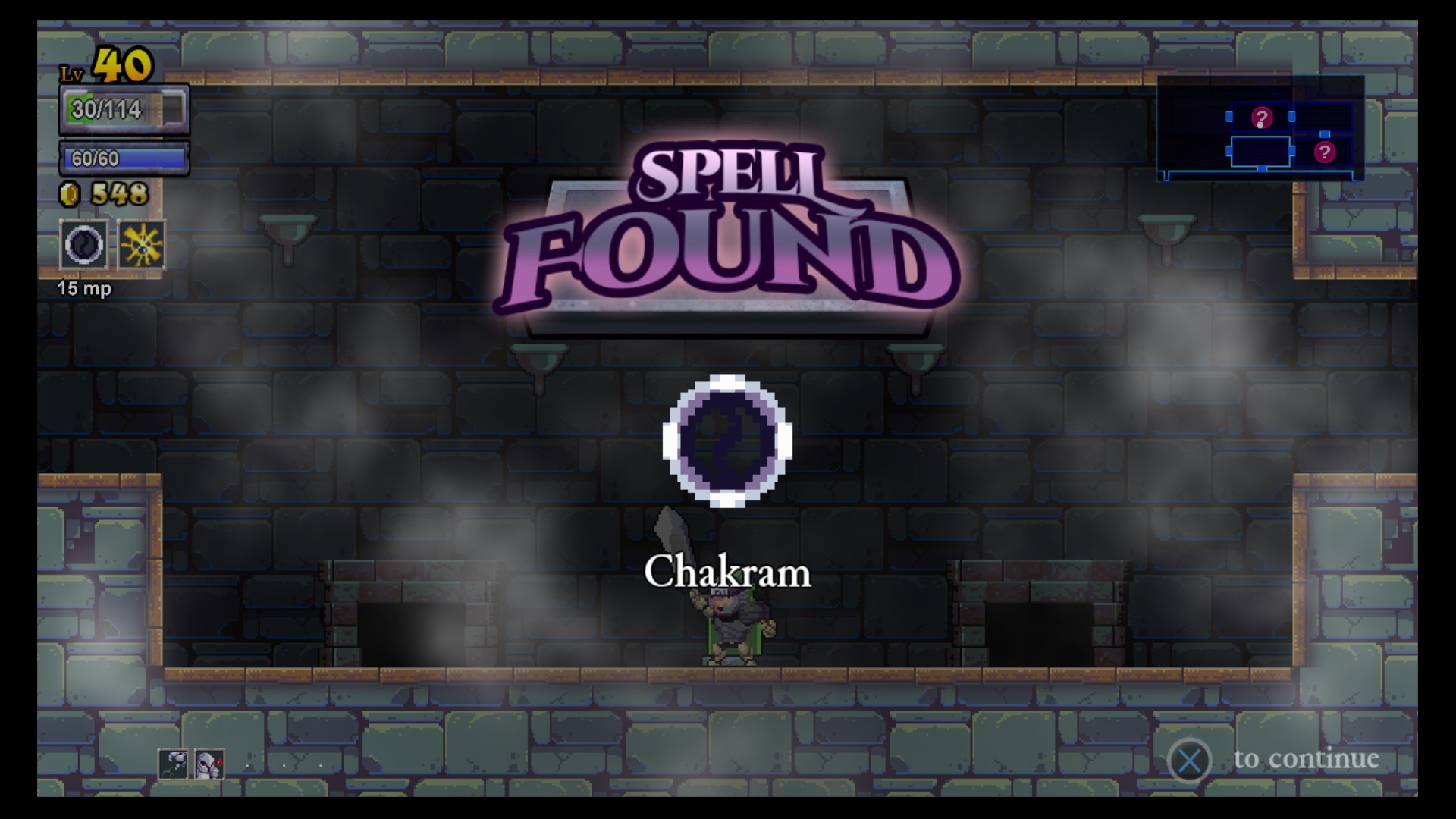
-
Rogue Legacy
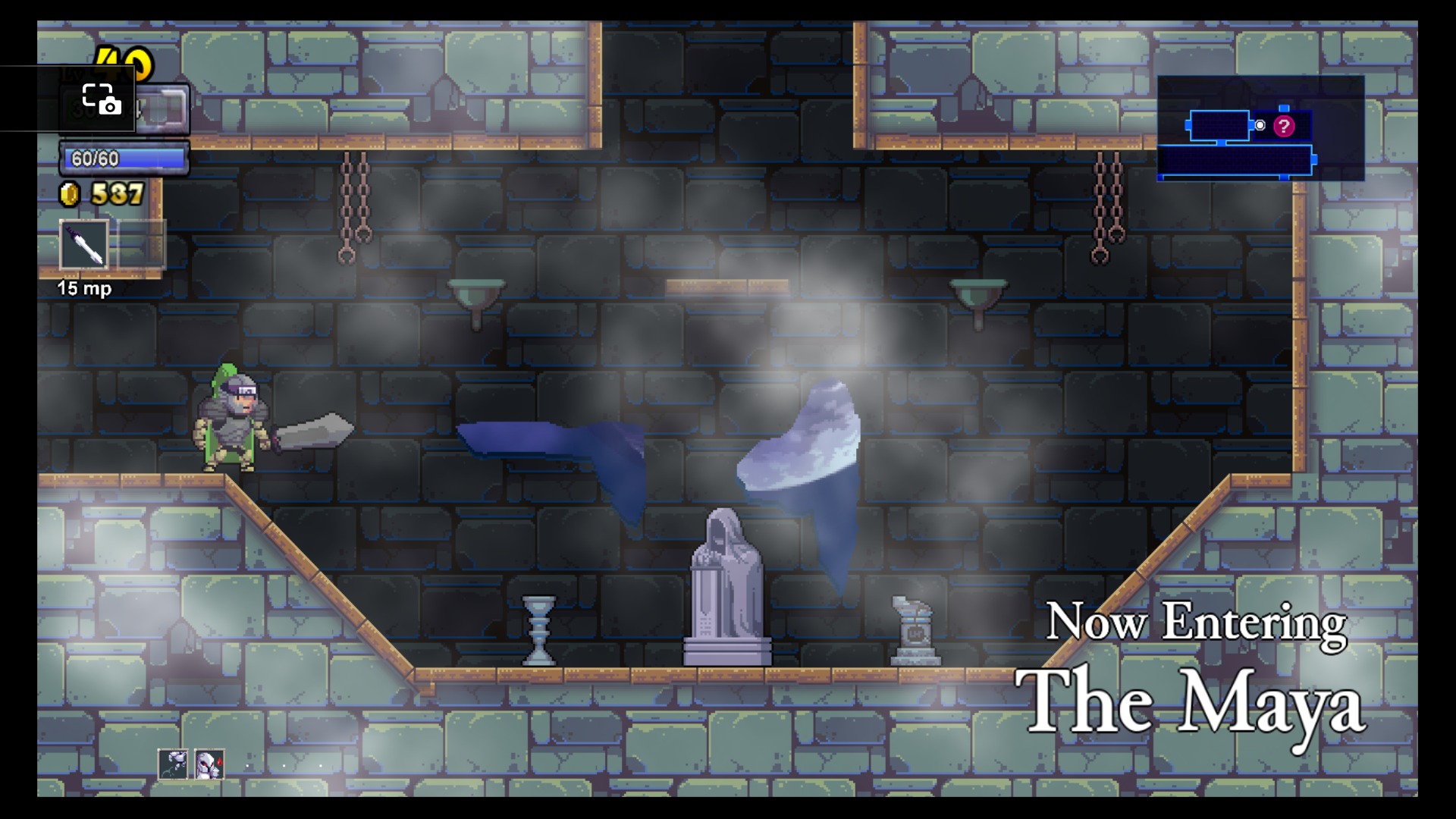
-
Rogue Legacy
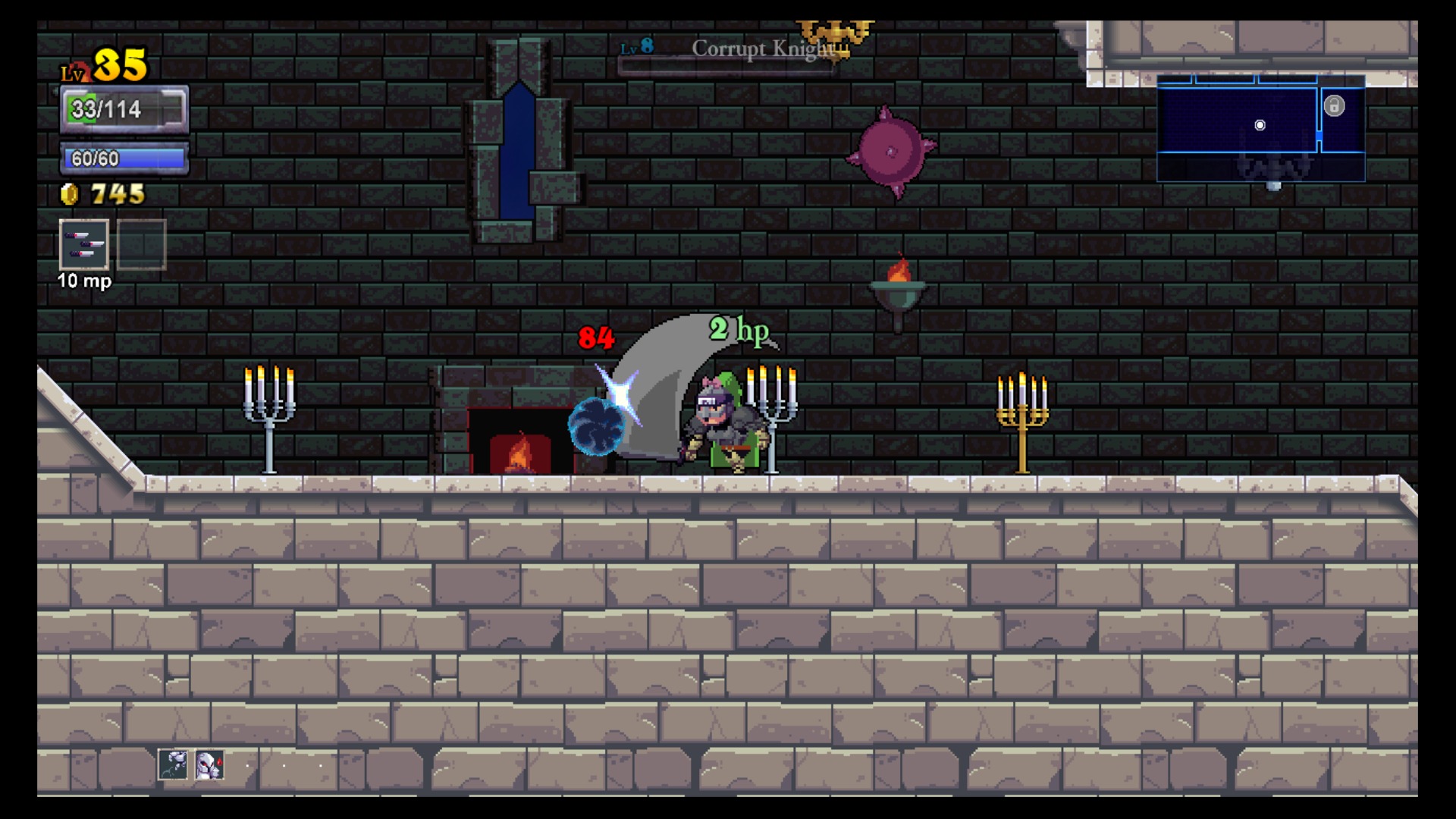
-
Rogue Legacy
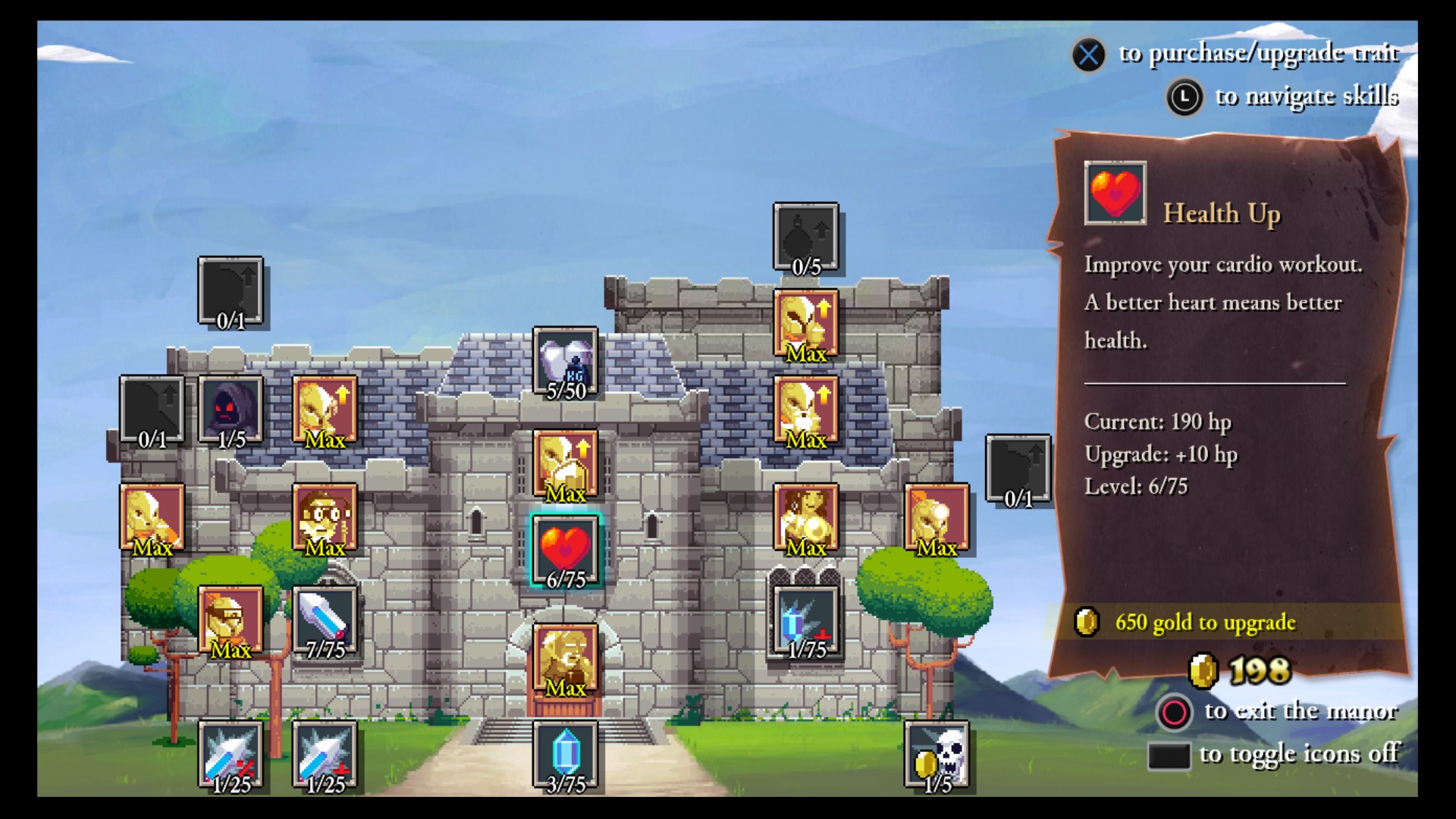
-
Rogue Legacy
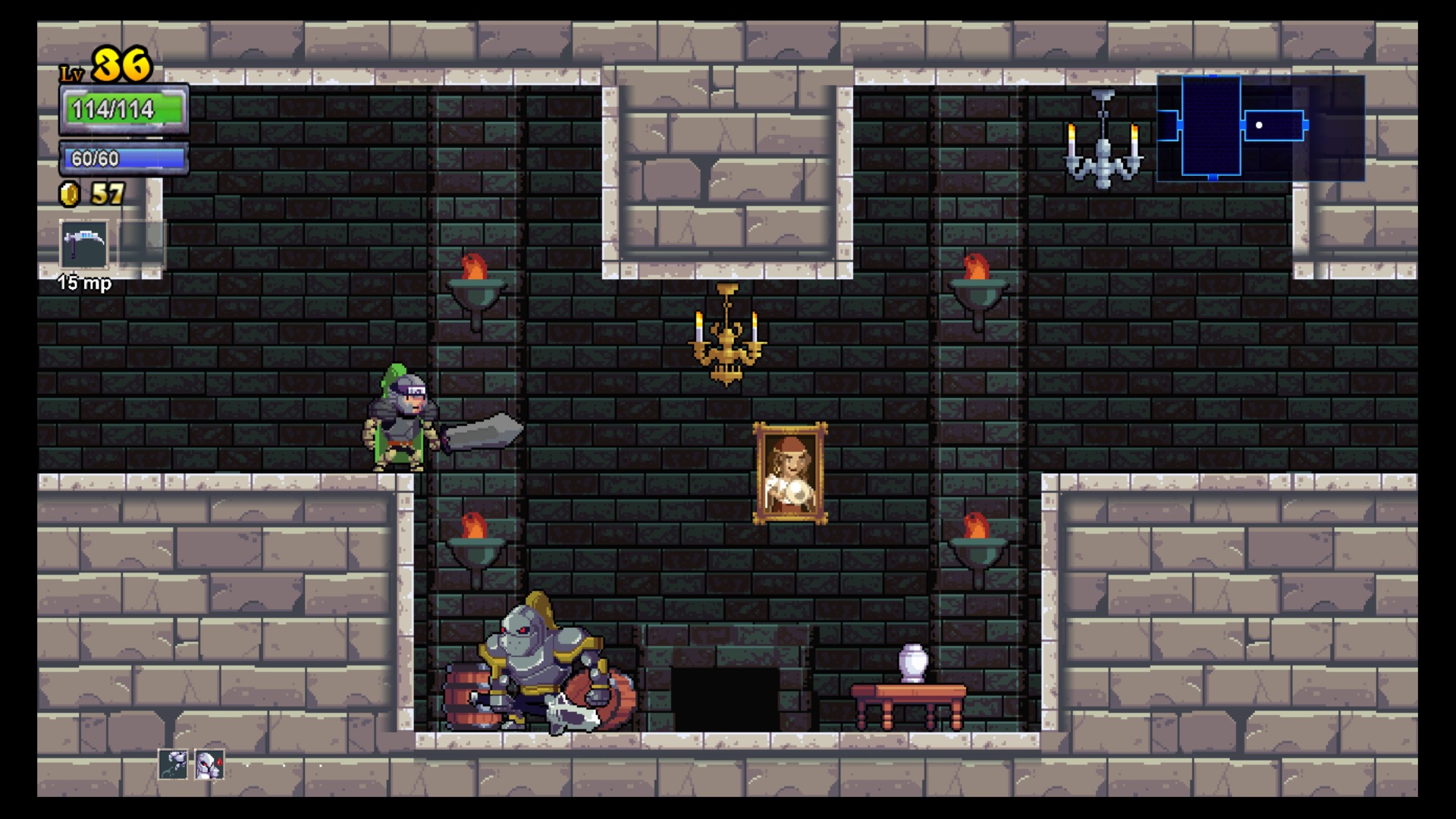
-
Rogue Legacy
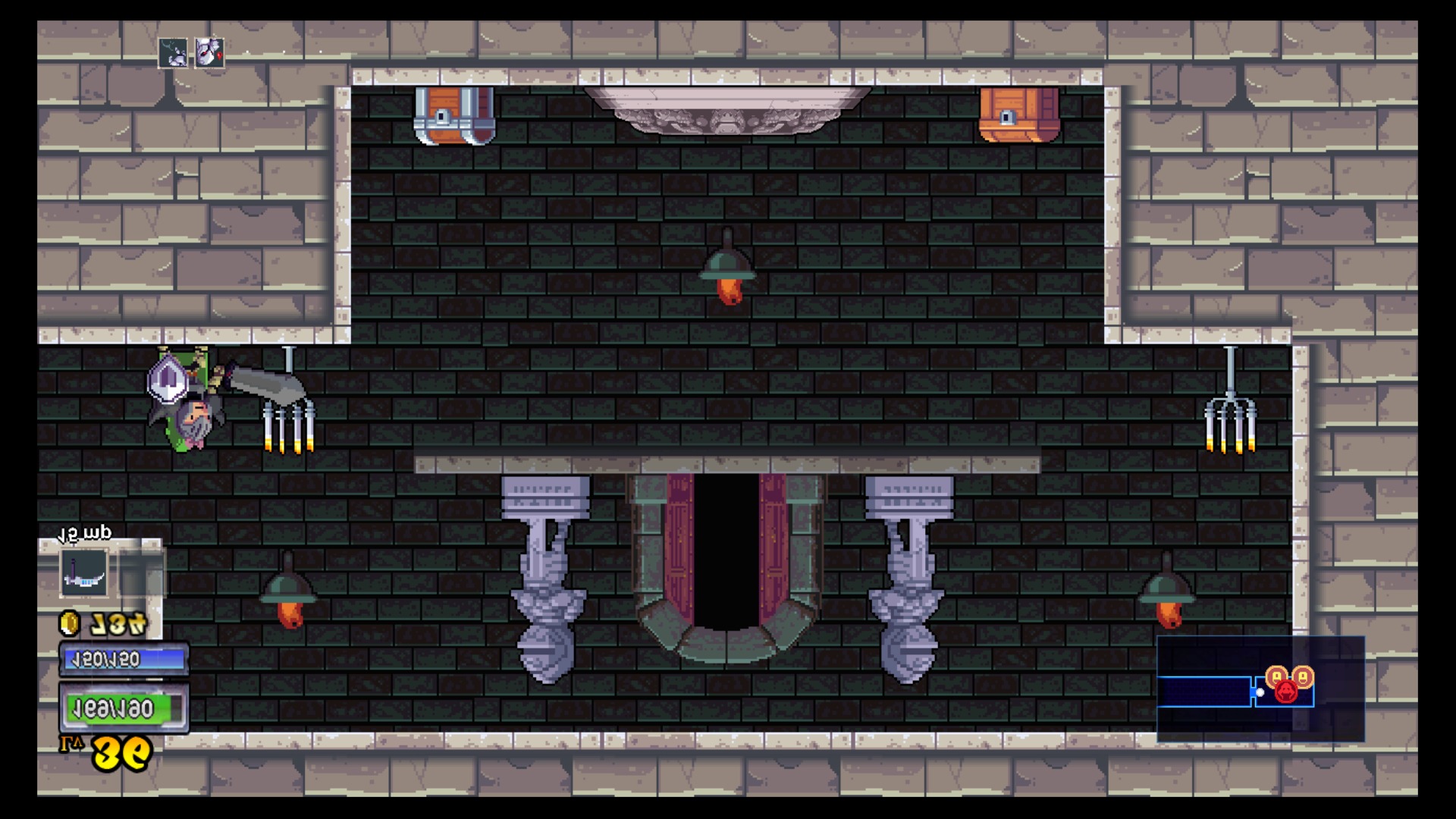
-
Rogue Legacy
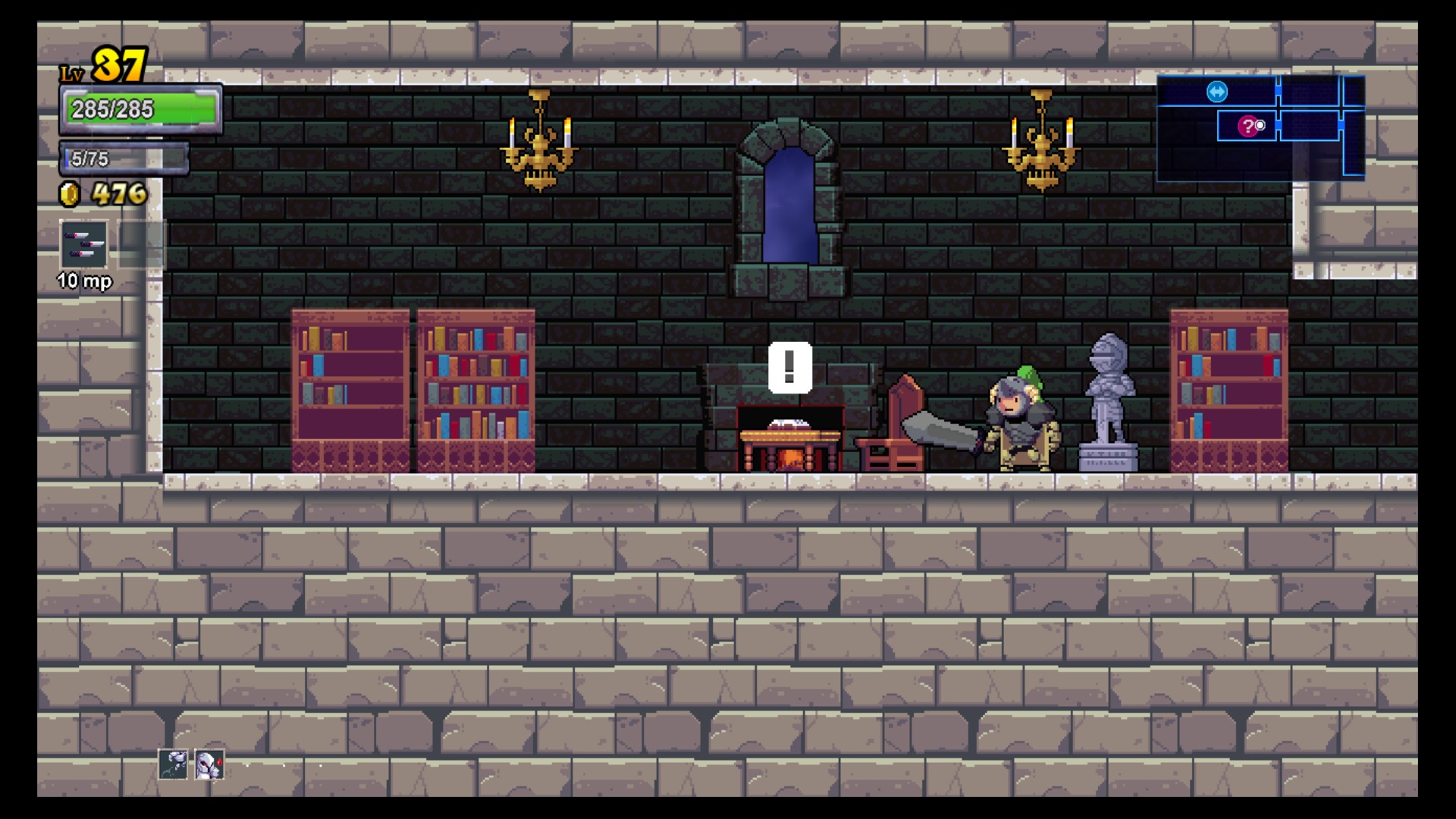
-
Rogue Legacy
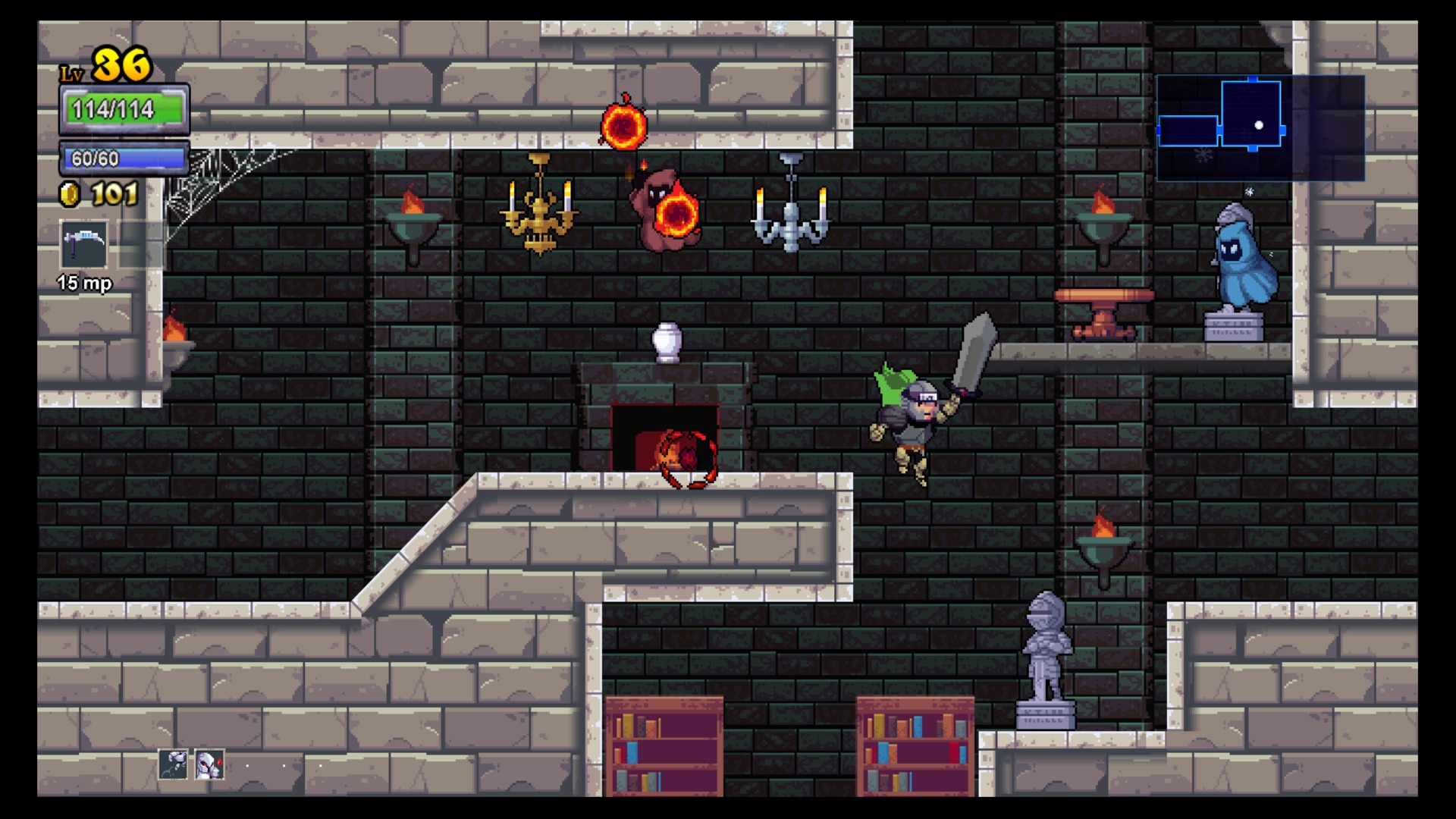
-
Rogue Legacy
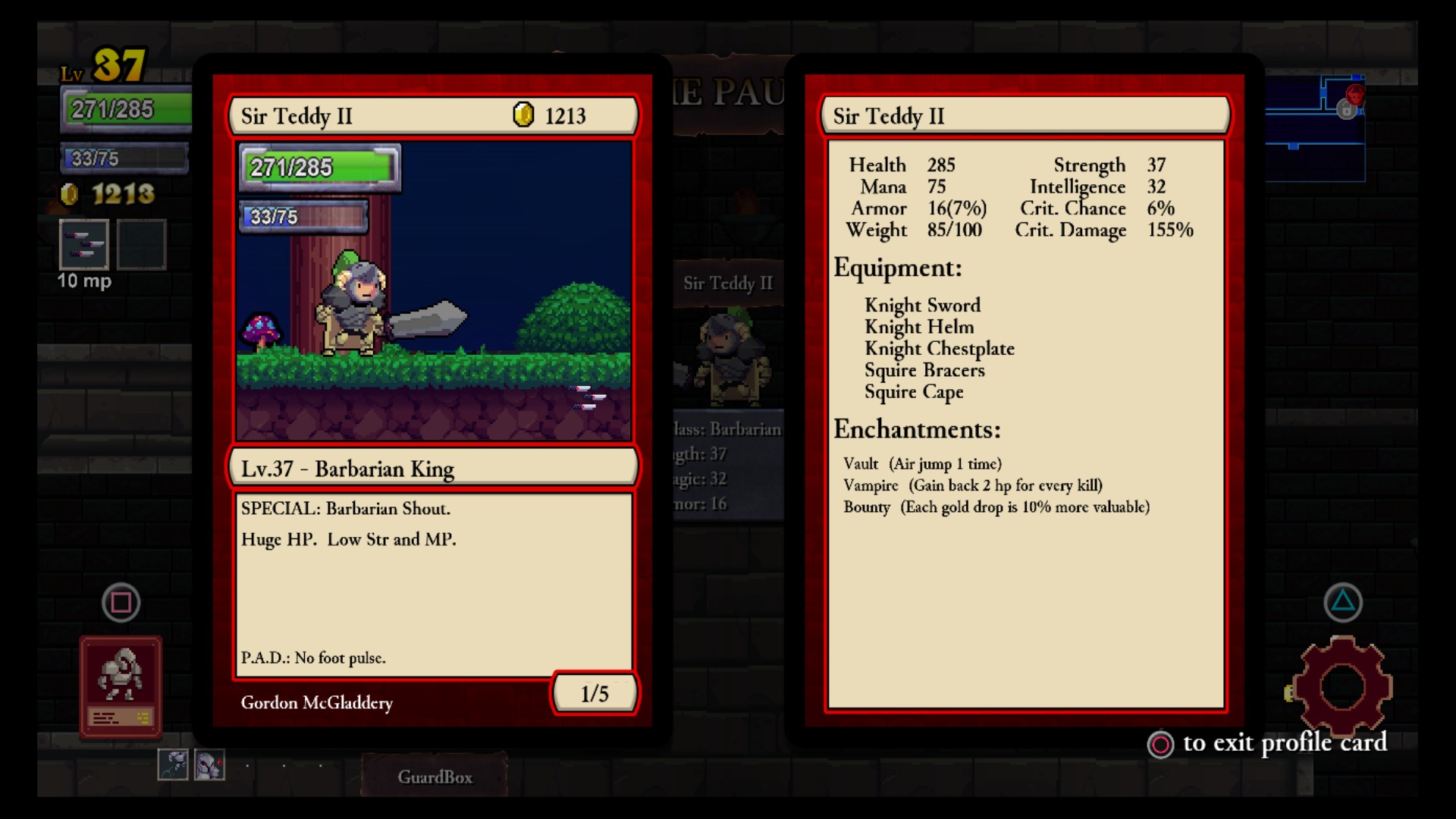
-
Rogue Legacy
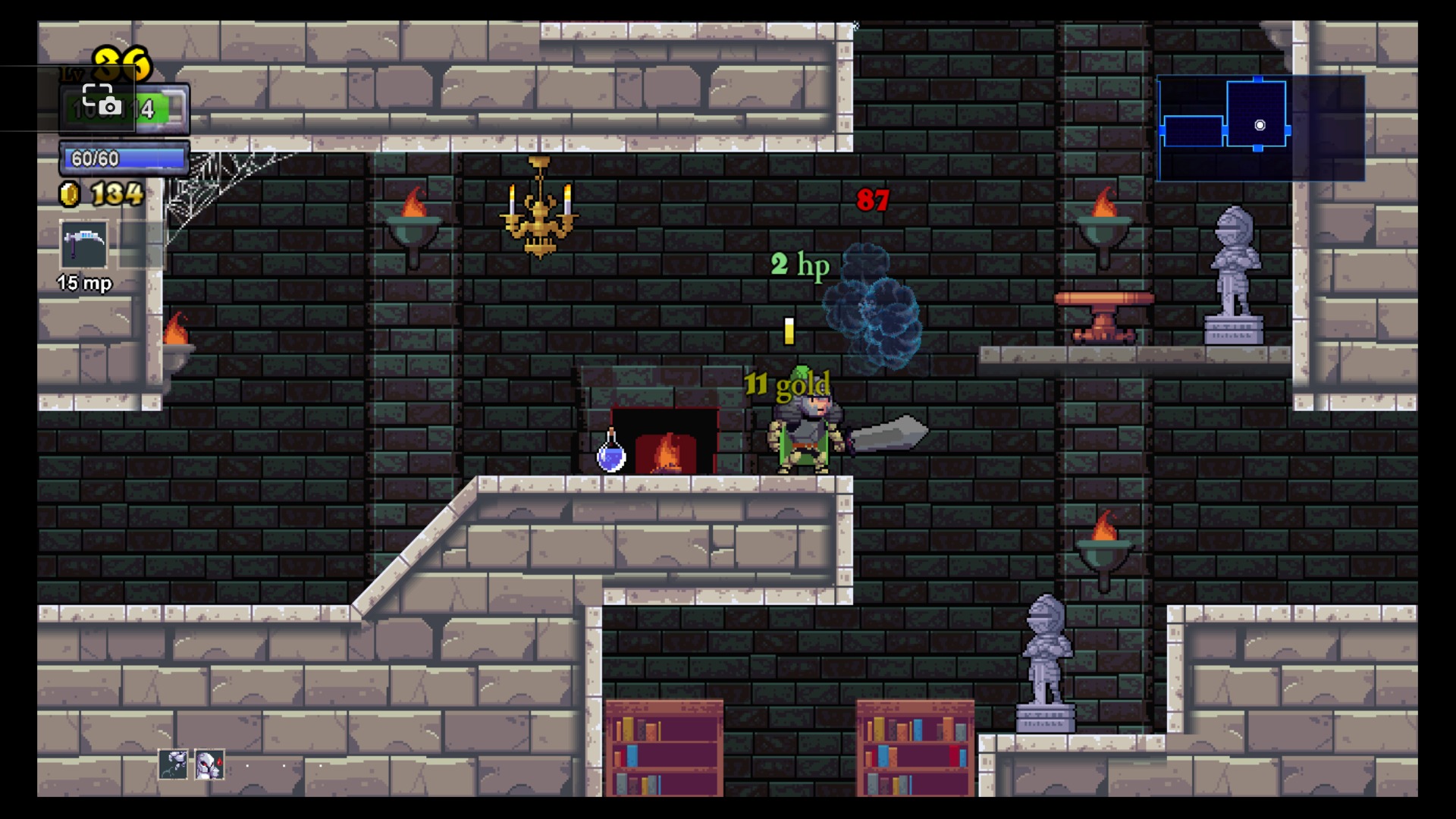
-
Rogue Legacy
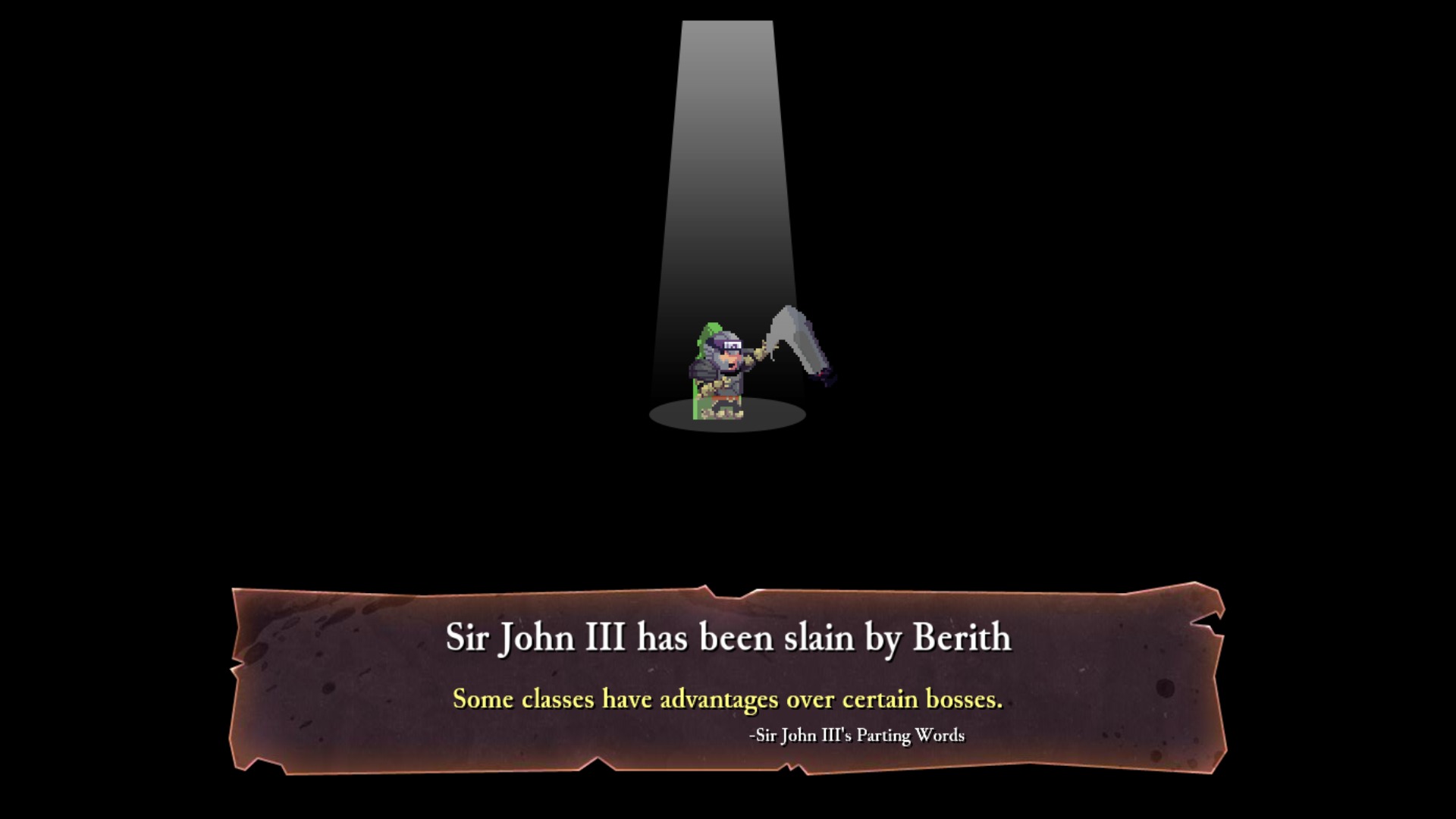
-
Rogue Legacy
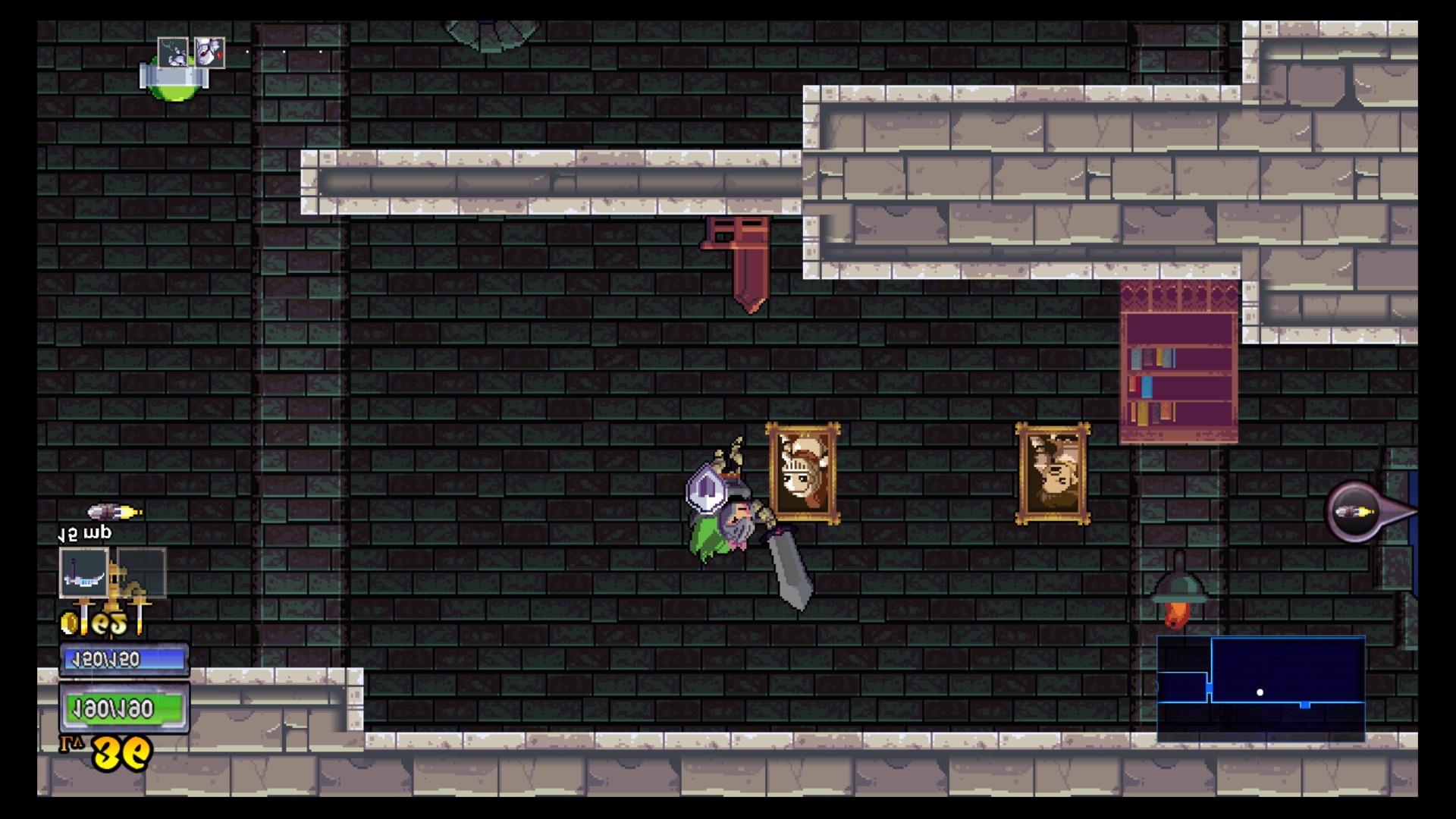
-
Rogue Legacy
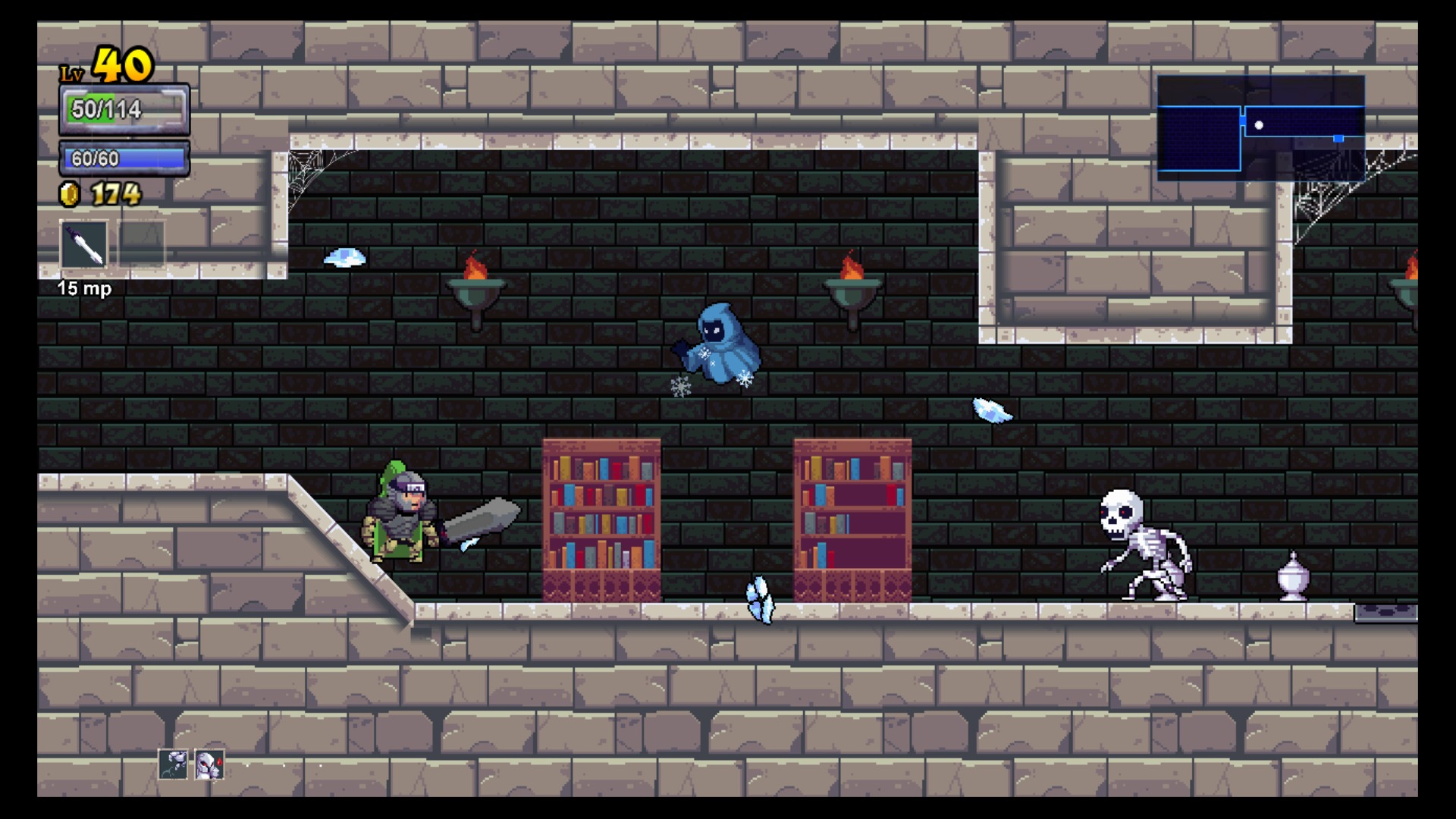
-
Rogue Legacy

-
Rogue Legacy
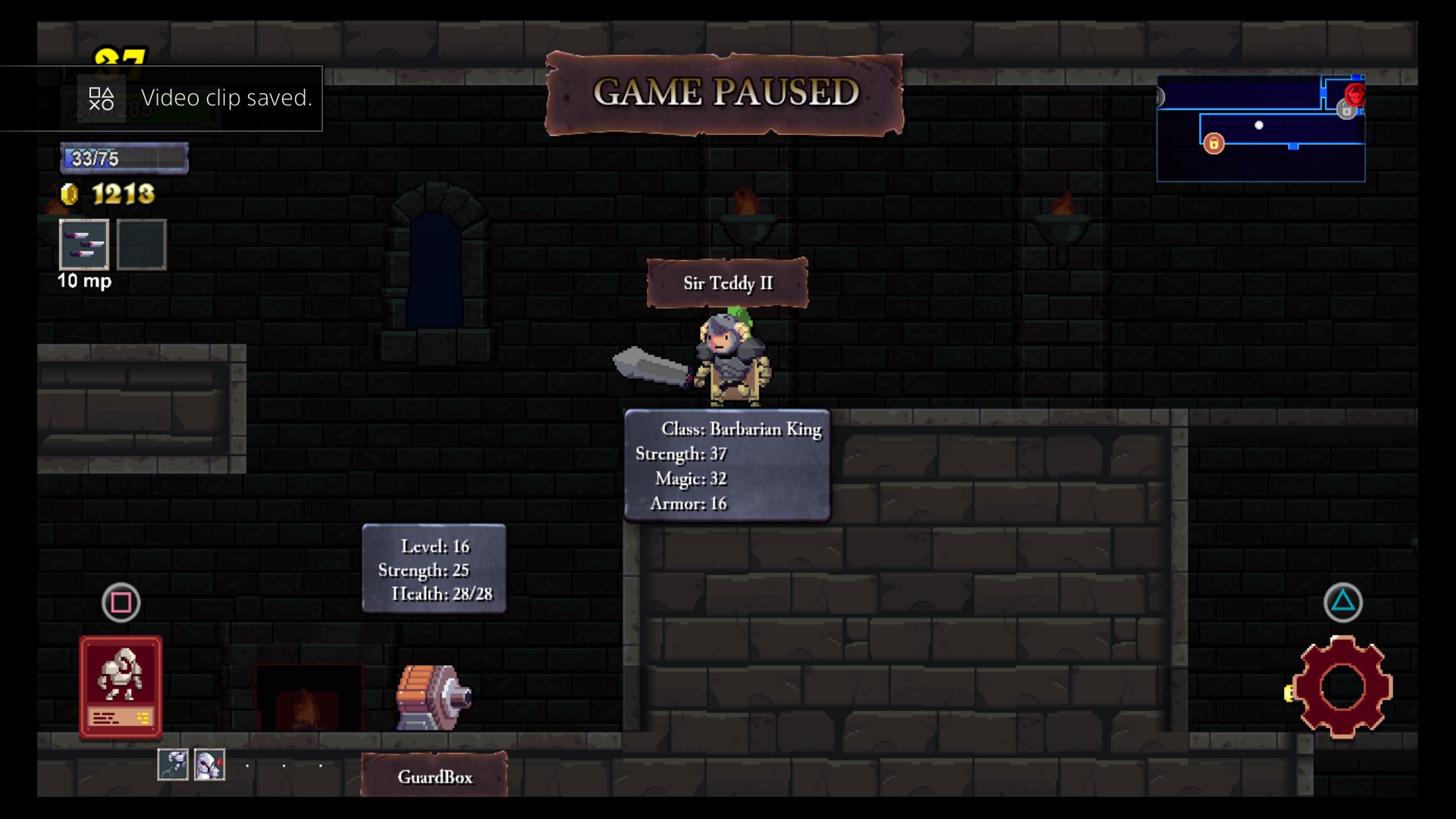
-
Rogue Legacy
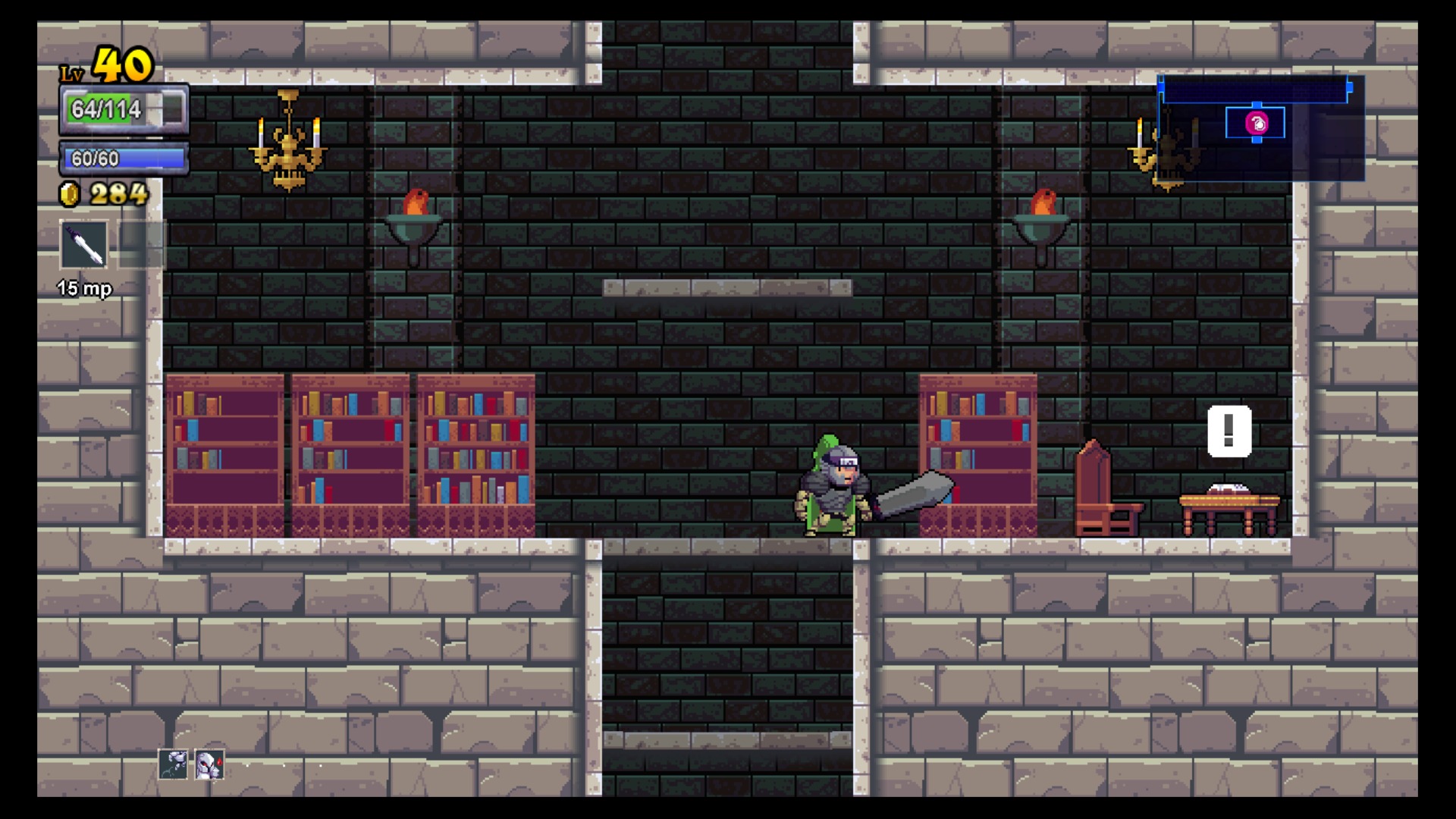
-
Rogue Legacy
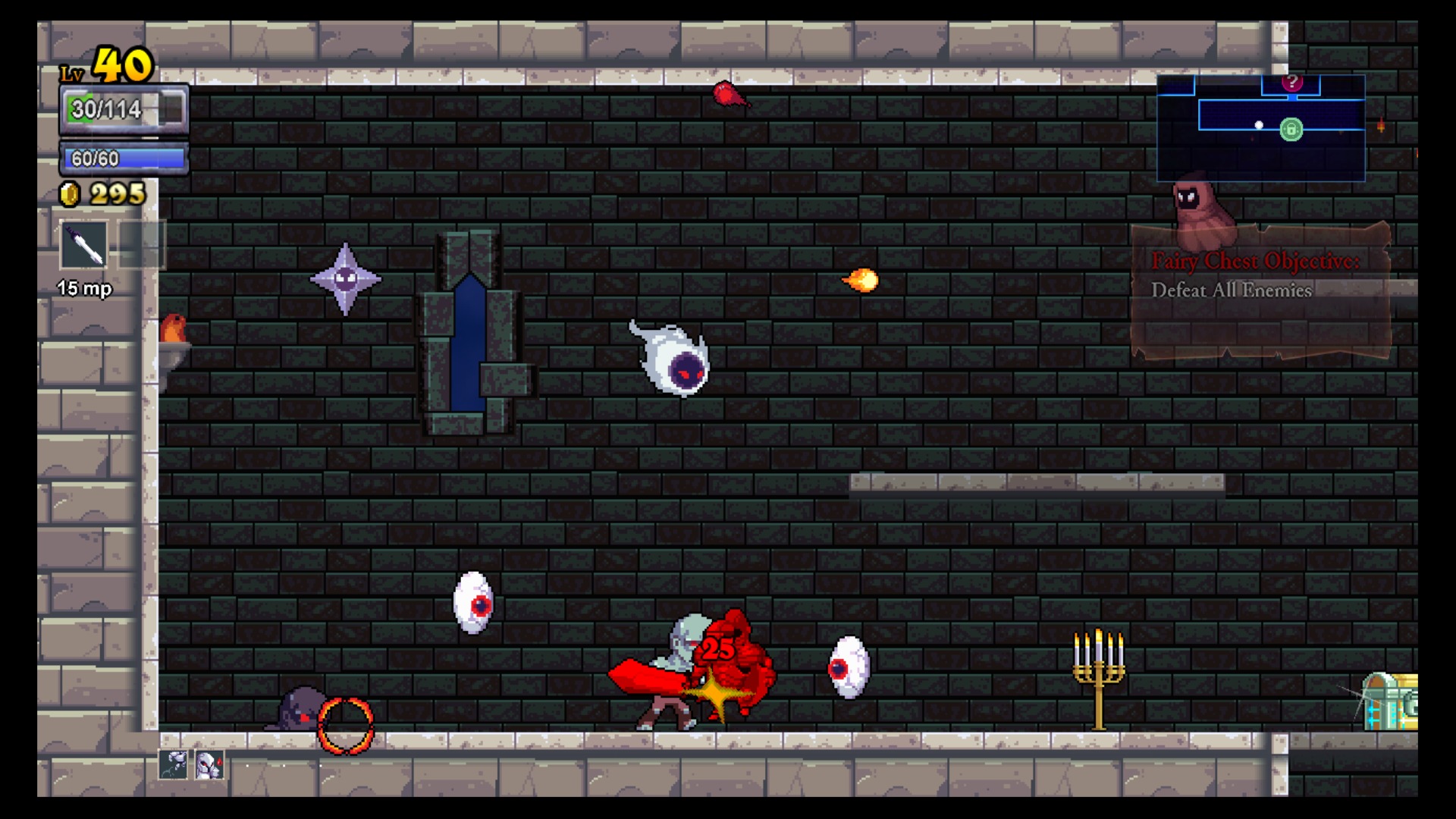
-
Rogue Legacy
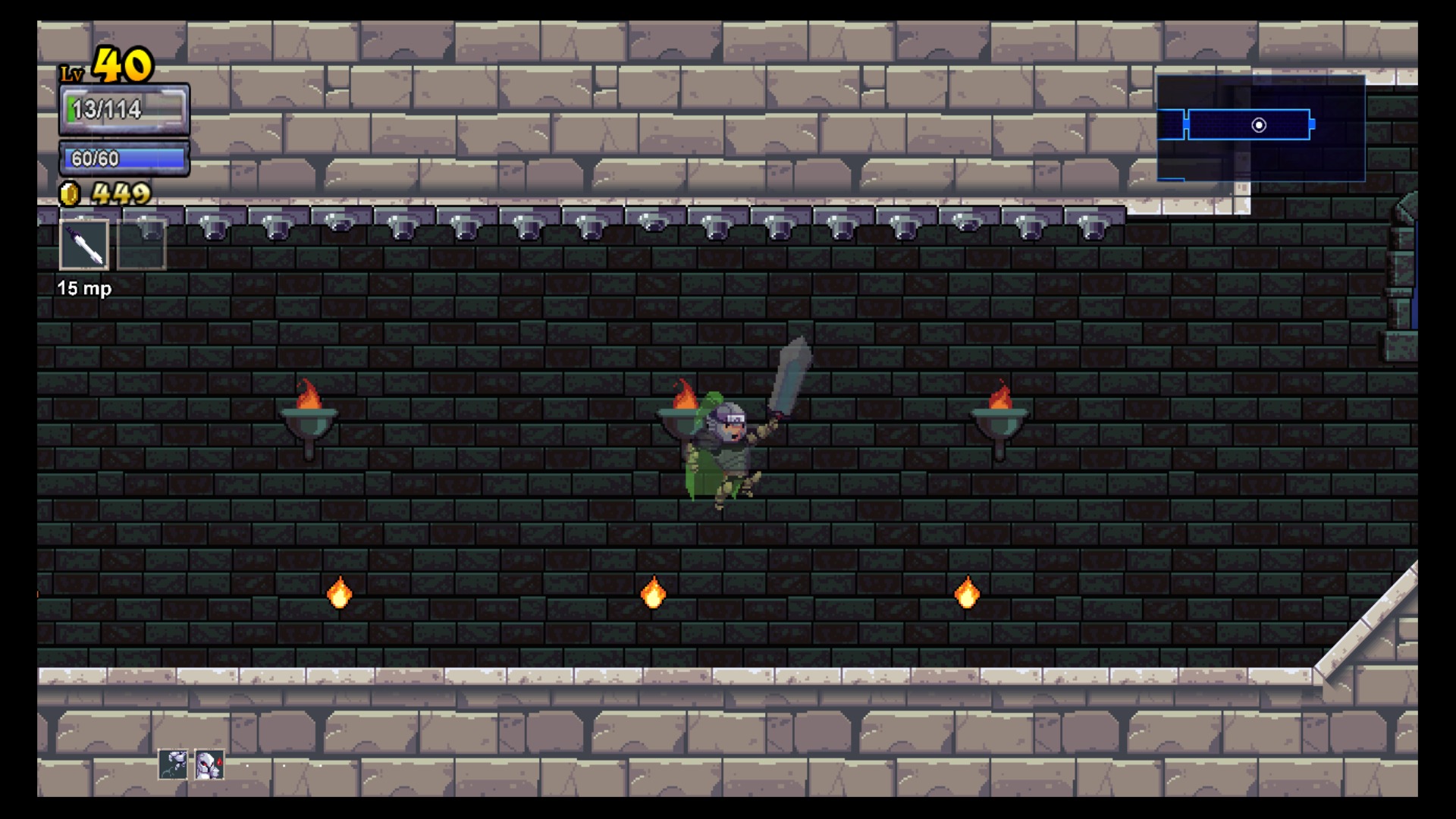
-
Rogue Legacy
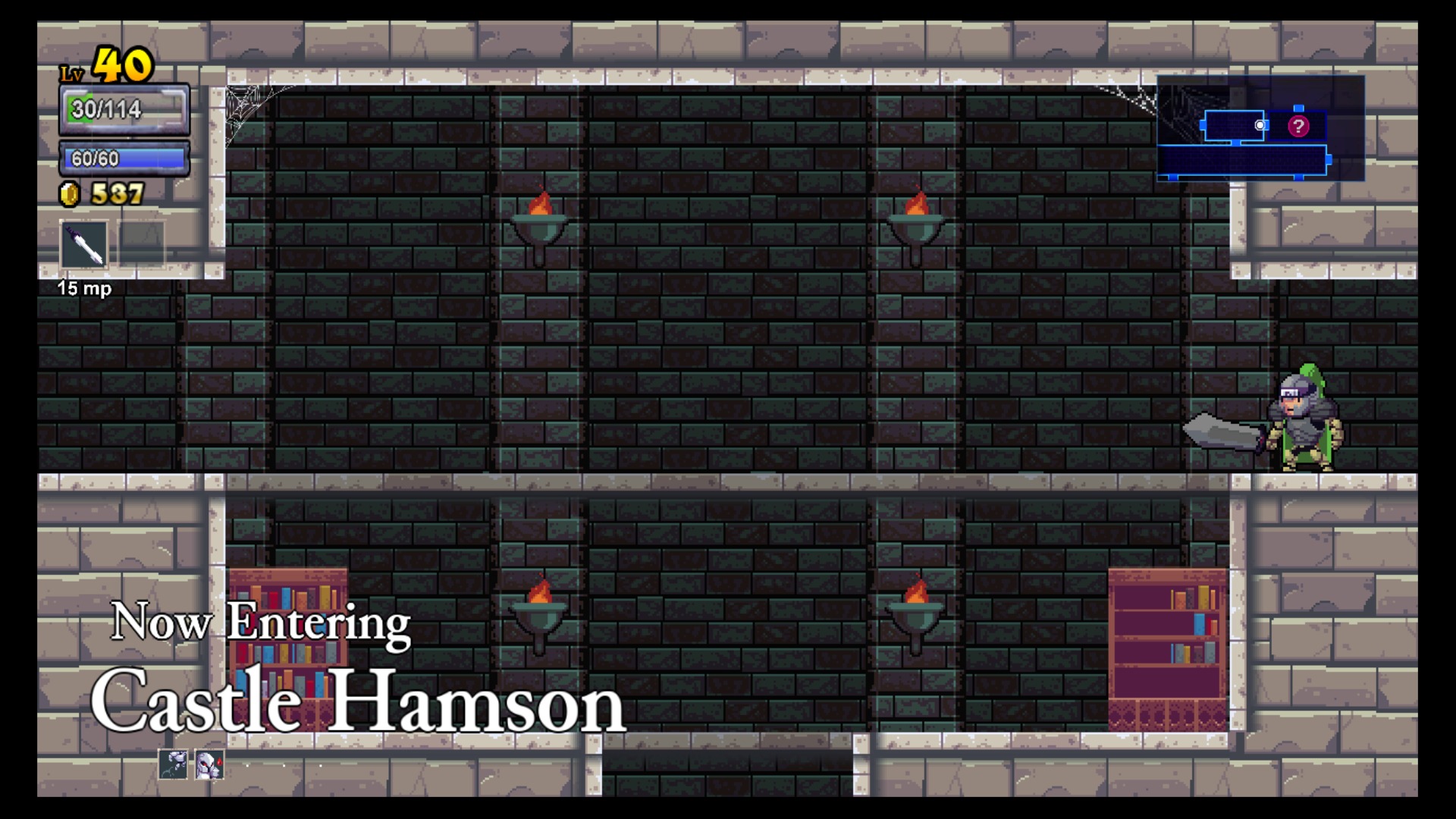
-
Rogue Legacy
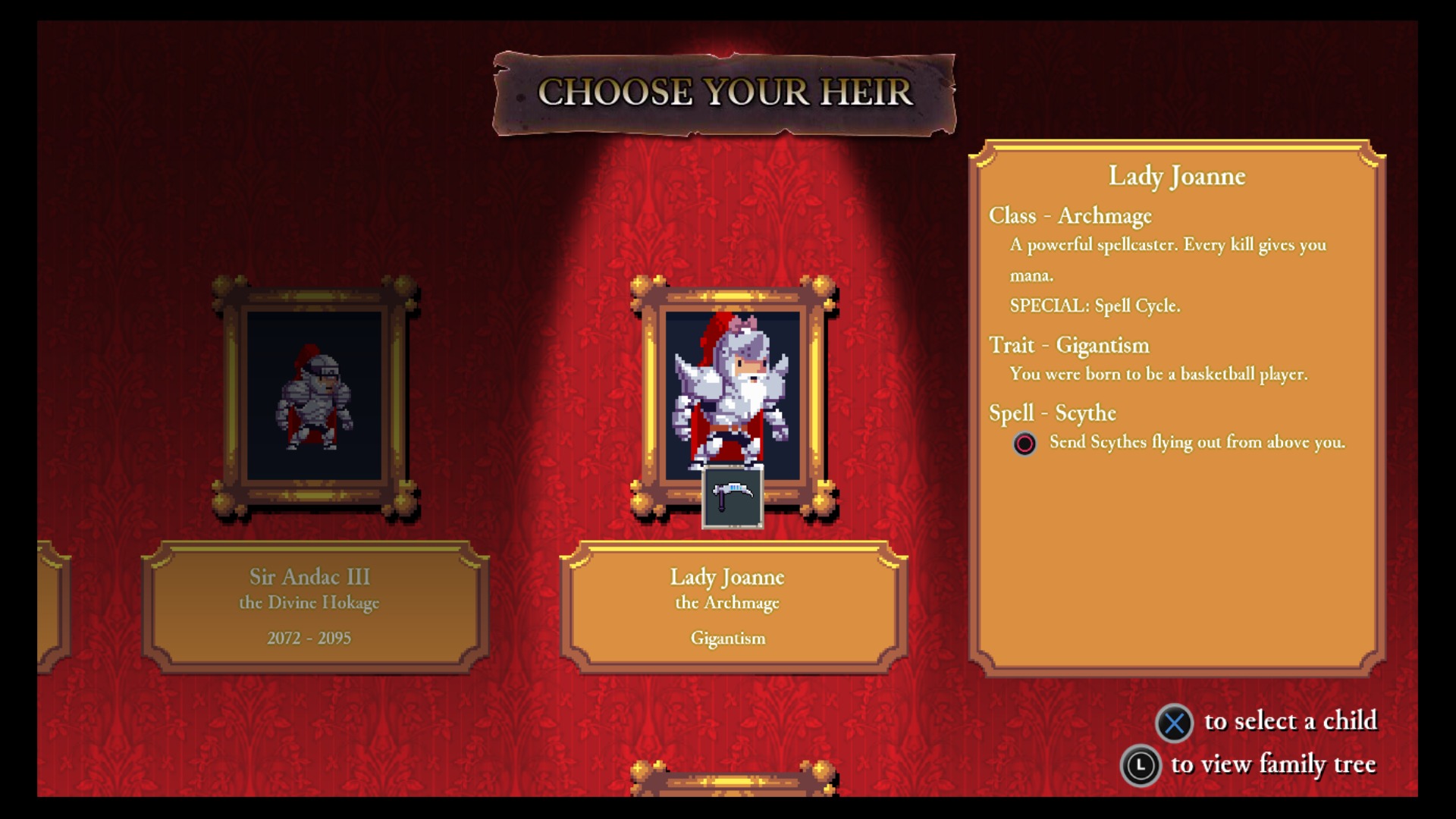
-
Rogue Legacy
